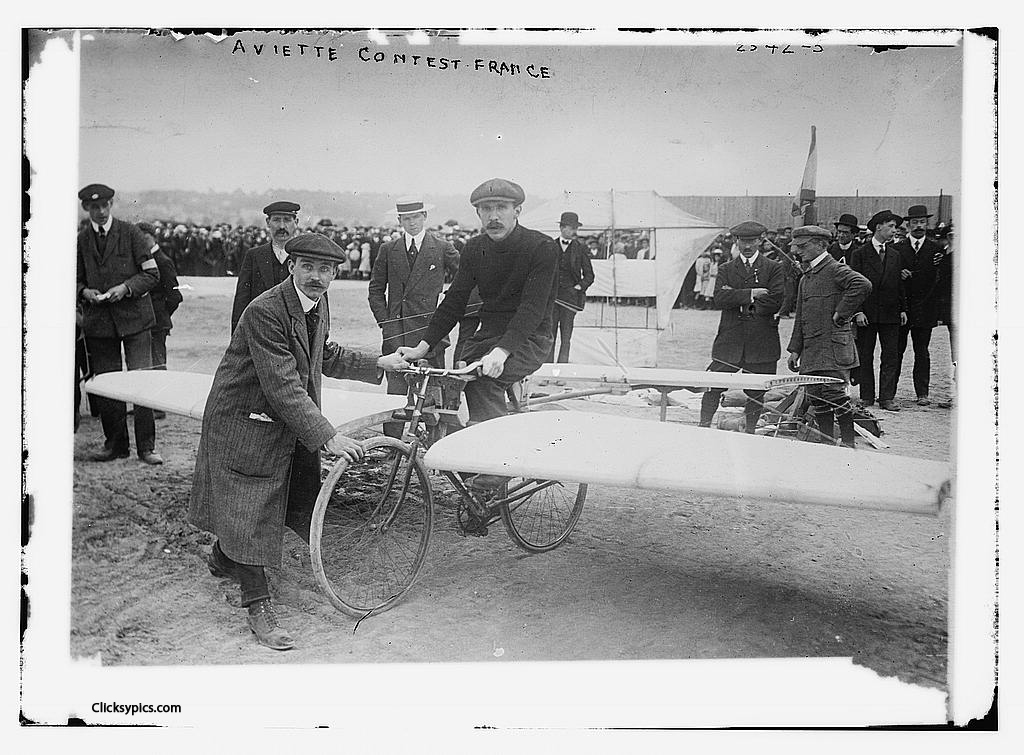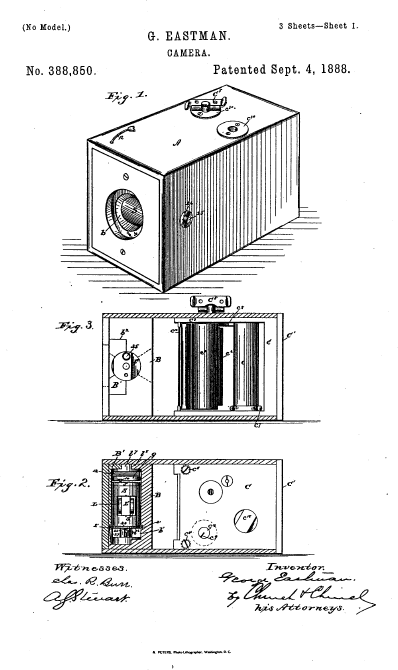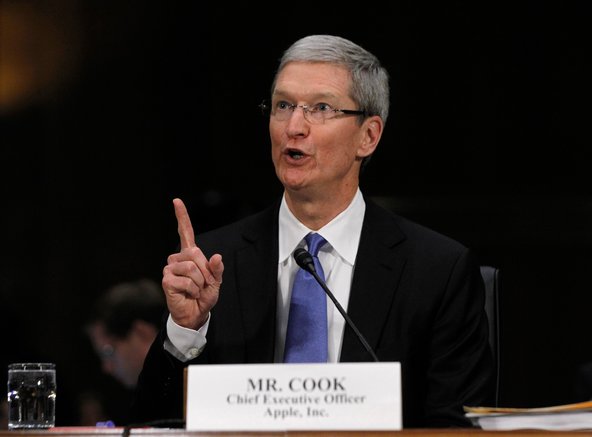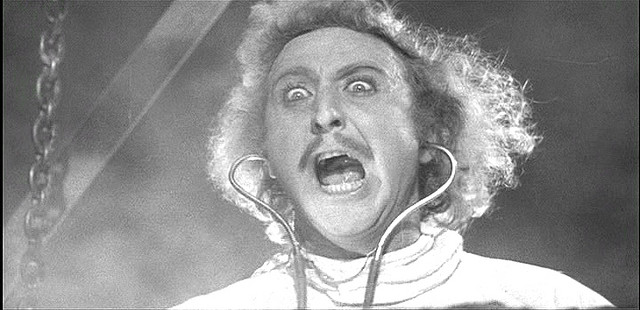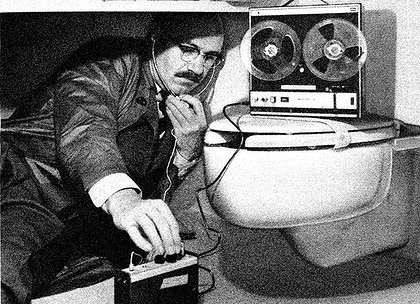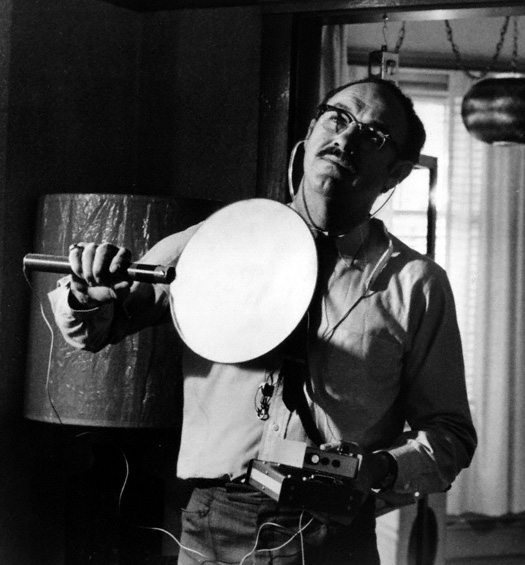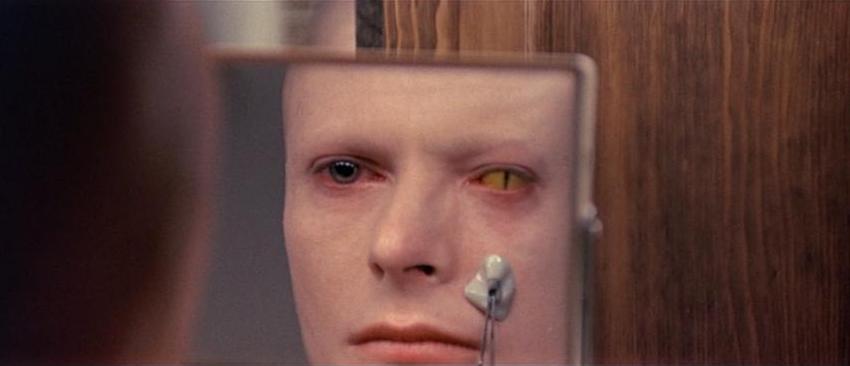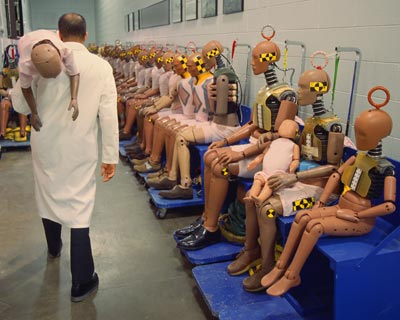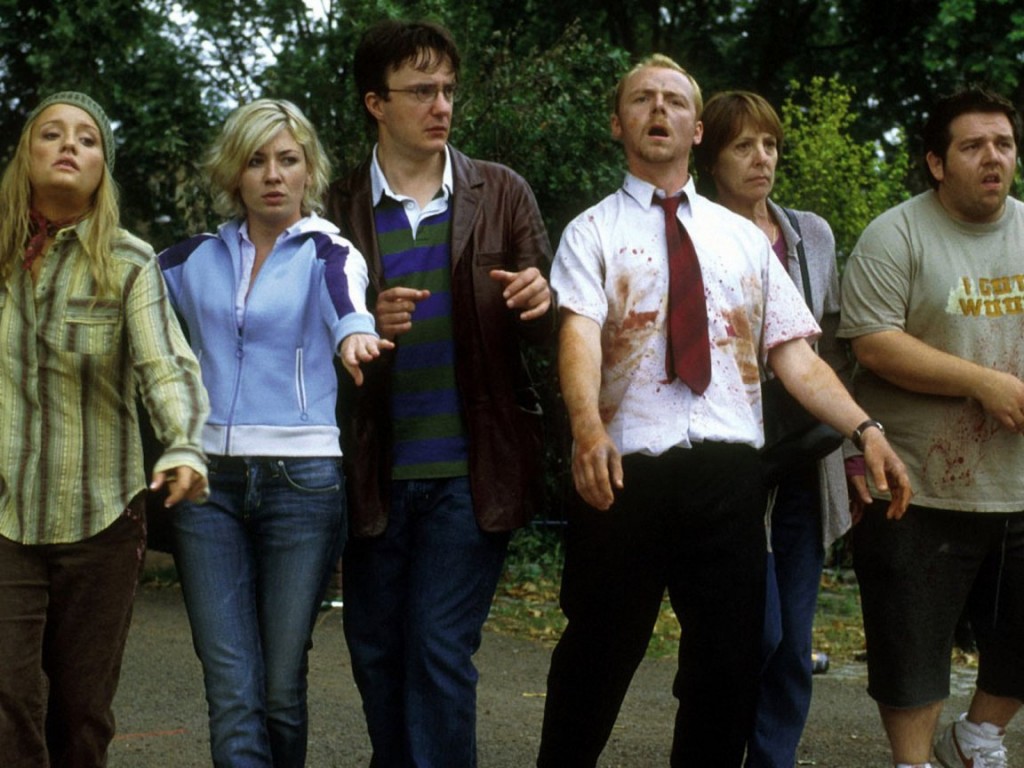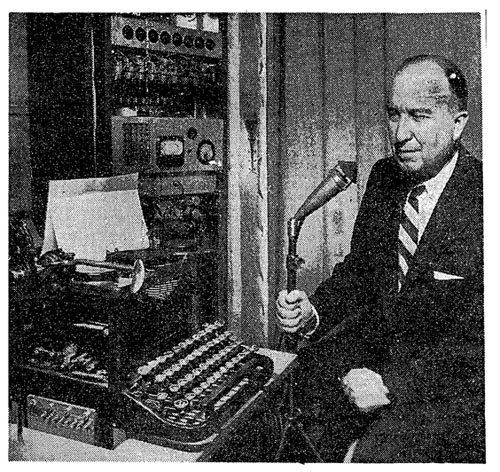Ralph Graves, the final editor of the weekly Life magazine which ceased publishing in 1972, just passed away. If he only had a several-year run at the top, Graves picked the right time, a raucous era for jaw-dropping news. He presided over everything from the highs of Norman Mailer’s mammoth multi-part moon landing article to the lows of nearly publishing excerpts from Clifford Irving’s Howard Hughes hoax book. From his New York Times obituary:
“But by the late 1960s general-interest magazines, squeezed by television on the one hand and specialty publications on the other, were an endangered species. Life’s circulation was 8.5 million when Mr. Graves took over; a year and a half later it was 5.5 million, despite a strong run of journalism.
Within weeks of becoming managing editor, Mr. Graves supervised a controversial issue whose cover article, under the headline ‘The Faces of the American Dead in Vietnam: One Week’s Toll,’ showed photographs of more than 200 American soldiers killed in the Vietnam War from May 28 through June 3.
The article was especially startling appearing in Life, which had a history of supporting the war, and it drew a passionate reaction, both from those who found that it exploited the country’s grief and from those who found it courageous and moving. As a journalistic device, it has since been used by many publications, including the New York Times.
That same year, 1969, Life covered Woodstock, the moon landing (with a more than 20,000-word article by Norman Mailer) and the unlikely success of the Mets. The next year, Life published unauthorized reminiscences by the former Soviet premier Nikita S. Khrushchev that the Soviet government newspaper said were fraudulent. Experts on Khrushchev consulted by the magazine declared the manuscript legitimate.
In 1971, Mr. Graves and Life were victims of a genuine fraud after Clifford Irving, a relatively unknown writer, with the aid of a researcher, created a phony memoir of the reclusive industrialist Howard Hughes and sold it to McGraw-Hill. Life bought serial rights and was set to publish three 10,000-word installments when the hoax came to light. In 1972, Life published an account by Mr. Graves of the whole embarrassing affair.
‘I was an active participant in everything that happened,’ he wrote in a 2010 memoir, The LIFE I Led. ‘I spent substantial time with Clifford Irving himself, some of it at crucial moments.'”




